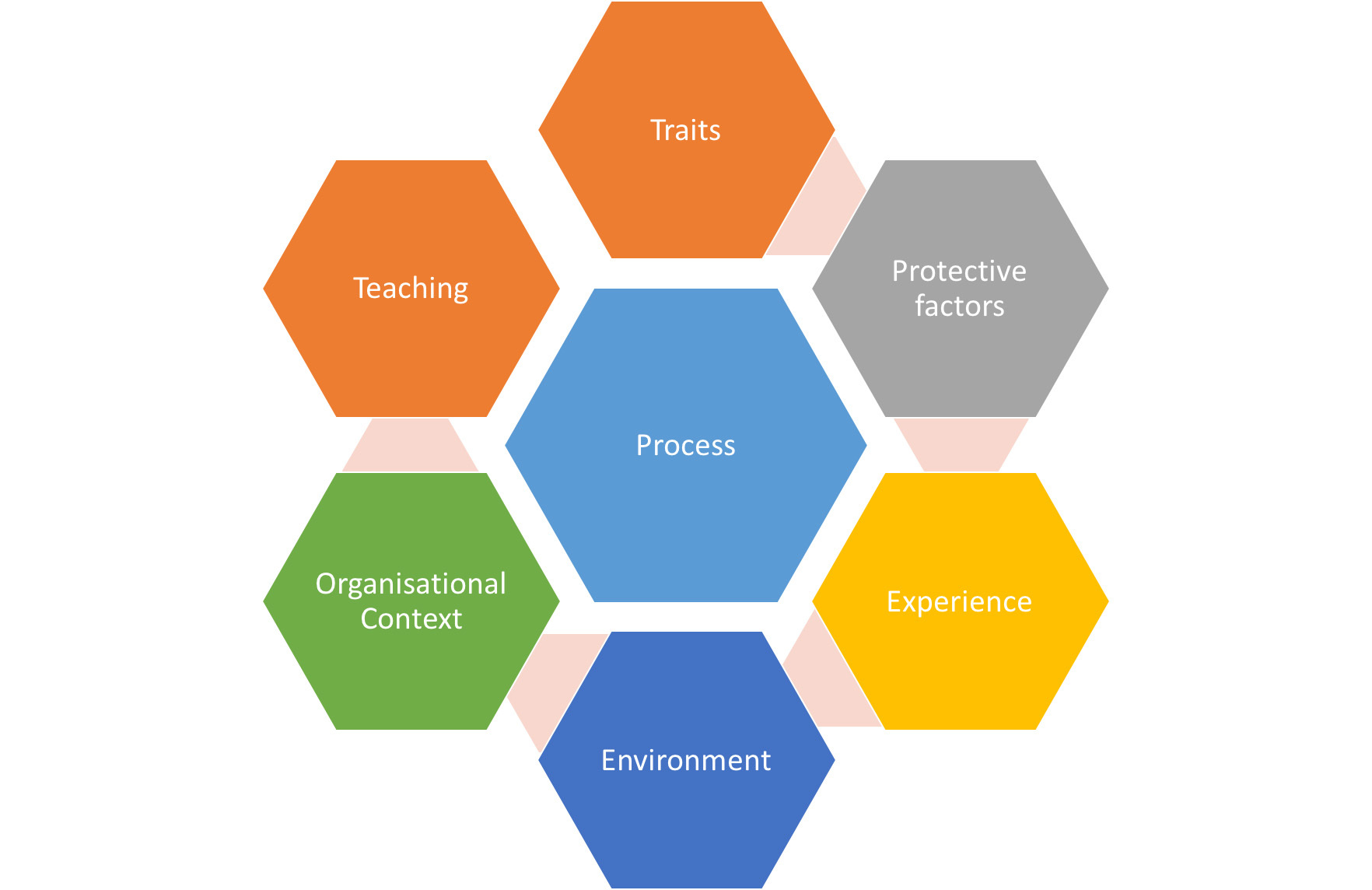The value of emotional resilience in a social media age
Sponsored
Dr Pauline Green
Thursday, February 7, 2019
Social media companies have been urged to take a 'moment to reflect' after a girl's death.

An article in The Guardian newspaper cited the tragic case of Molly Russell, a 14-year-old girl who took her own life in November 2017. Why would a young girl do that? This is probably the first question that most of us would ask.
Why?
Well it seems that the finger is now being pointed at social media. In the past it would have been bullying, exam pressures, family separation or a break-up that would have been to blame.
Social Media
Times have changed though and in this high-tech world that we live in, Anne Longfield, the children's commissioner for England, comments that social media may have been a possible cause for Molly's decision to commit suicide. Molly's father agrees. After his daughter's death he discovered material on her Pinterest and Instagram accounts that related to depression and suicide. So Longfield is calling for an independent "digital ombudsman" to regulate and oversee social media sites such as Facebook, Instagram, WhatsApp, Snapchat and Pinterest.
Statistics
But how big a problem is this? According to the Office for National Statistics (2018), the number of teenage suicides in England and Wales increased by 67 per cent between 2010 and 2017. In the last year alone, there was a rise of 15 per cent; 187 under-19s took their own lives compared with 162 the year before. In spite of this, a quarter of these children and young people (55,000) were rejected for support because they did not meet the eligibility criteria.
What can we do?
I strongly suggest that we need to help children and young people to develop their emotional resilience.
Rainey (2014) in The Telegraph newspaper stated "Emotional resilience: It's the armour you need for modern life". Sounds serious but it seems that being tough enough is what's required to withstand the blows of modern society. Being emotionally resilient is essential in being able to cope with difficult and challenging situations (Green, 2016).
Emotional Resilience
Emotional resilience is a complex combination of certain traits and skills.

Emotional resilience is also a process of development that is dependent on a wide range of factors including:
- Resilient traits
- Protective factors
- Experience of coping
- Nurturing environment
- Organisational Context
- Teaching
The good news is that emotional resilience can be developed and it is imperative that society upholds its responsibility in helping children and young people to be more resilient in their personal, school and working lives.
Social Pedagogy
One way of developing children and young people's resilience is to use a social pedagogical approach to their care and education.
Social pedagogy has started to grow in popularity in recent years in the UK as a way of educating and caring for children and young people in a nurturing and creative way. Most importantly, using a social pedagogic approach empowers children and young people. It may seem unusual at first for the children and young people to discover that the adults in their lives are working alongside and in partnership with them, but it is a great way to raise their confidence, self-esteem and resilience.
The future
The death of Molly Russell is evidence that social media can play a huge part in the lives of children and young people. I hope people will think more creatively about developing children and young peoples' coping abilities, confidence and resilience.
Further information about enhancing your knowledge in relation to the topics explored in this blog can be found here:
- Social Pedagogy: Providing Children and Young People with Nurturing Care and Education
- An Introduction to Emotional Resilience
Dr. Pauline Green is Academic Lead in Health and Social Care, University of Derby Online Learning
References
Adams, R. (2018) Social media urged to take ‘moment to reflect' after girl's death. The Guardian 30th January 2018. Available at: https://www.theguardian.com/media/2019/jan/30/social-media-urged-to-take-moment-to-reflect-after-girls-death
Green, P. (2016) Emotional Resilience and the Professional Capabilities Framework: Identifying what Emotional Resilience is, in the Context of Social Work Education, Training and Practice (Doctoral Research)
Khan, S. (2018) Teenage suicides in England and Wales rise 67% since 2010. The Independent 4th September 2018. Available at: https://www.independent.co.uk/news/uk/home-news/teenage-suicides-england-and-wales-2010-ons-a8522331.html
Office for National Statistics (2018) Suicides in the UK. Available at: https://www.ons.gov.uk/peoplepopulationandcommunity/birthsdeathsandmarriages/deaths/datasets/suicidesintheunitedkingdomreferencetables
Rainey, S. (2014) Emotional resilience: It's the armour you need for modern life The Telegraph, 25th February 2014. Available at: https://www.telegraph.co.uk/lifestyle/wellbeing/10660556/Emotional-resilience-its-the-armour-you-need-for-modern-life.html




